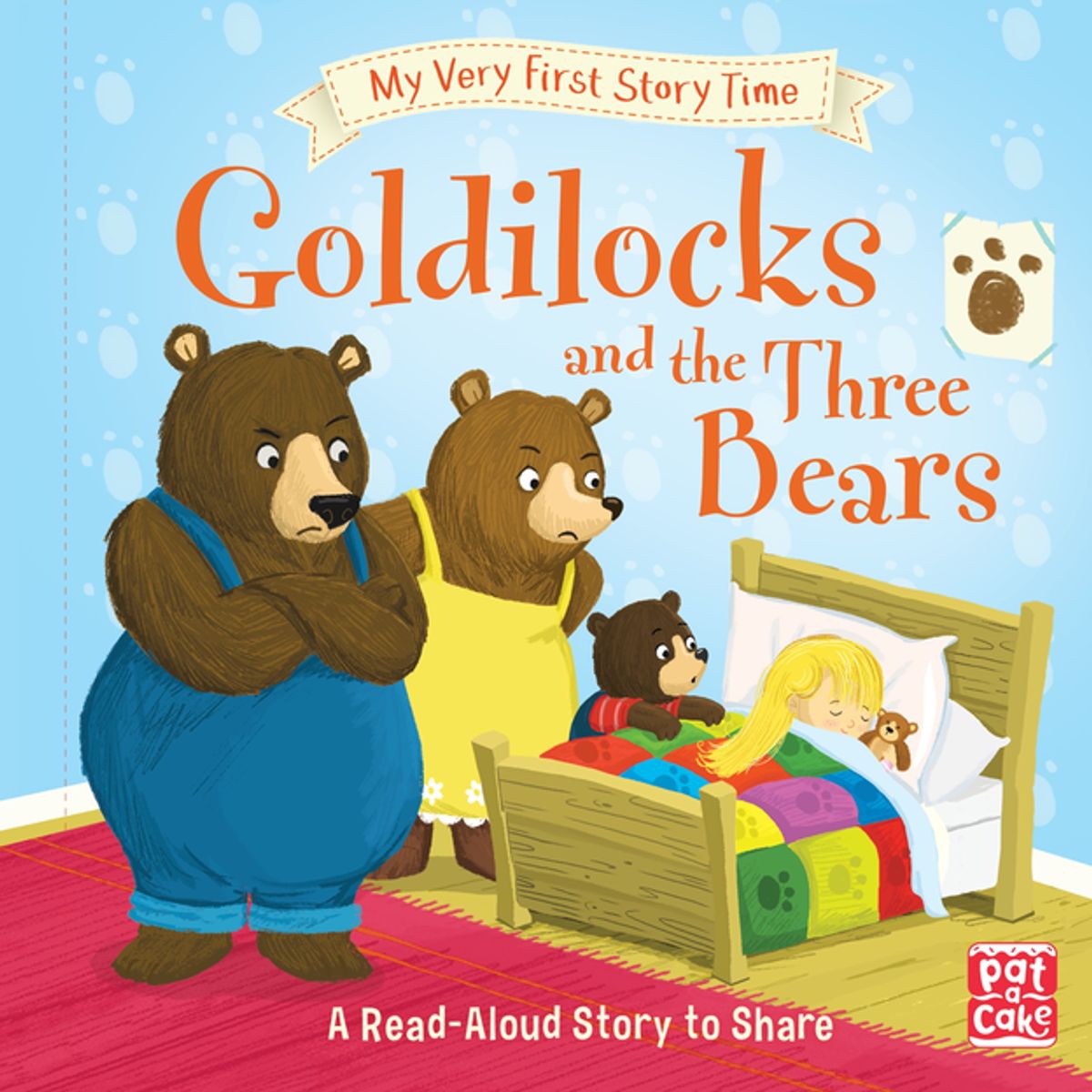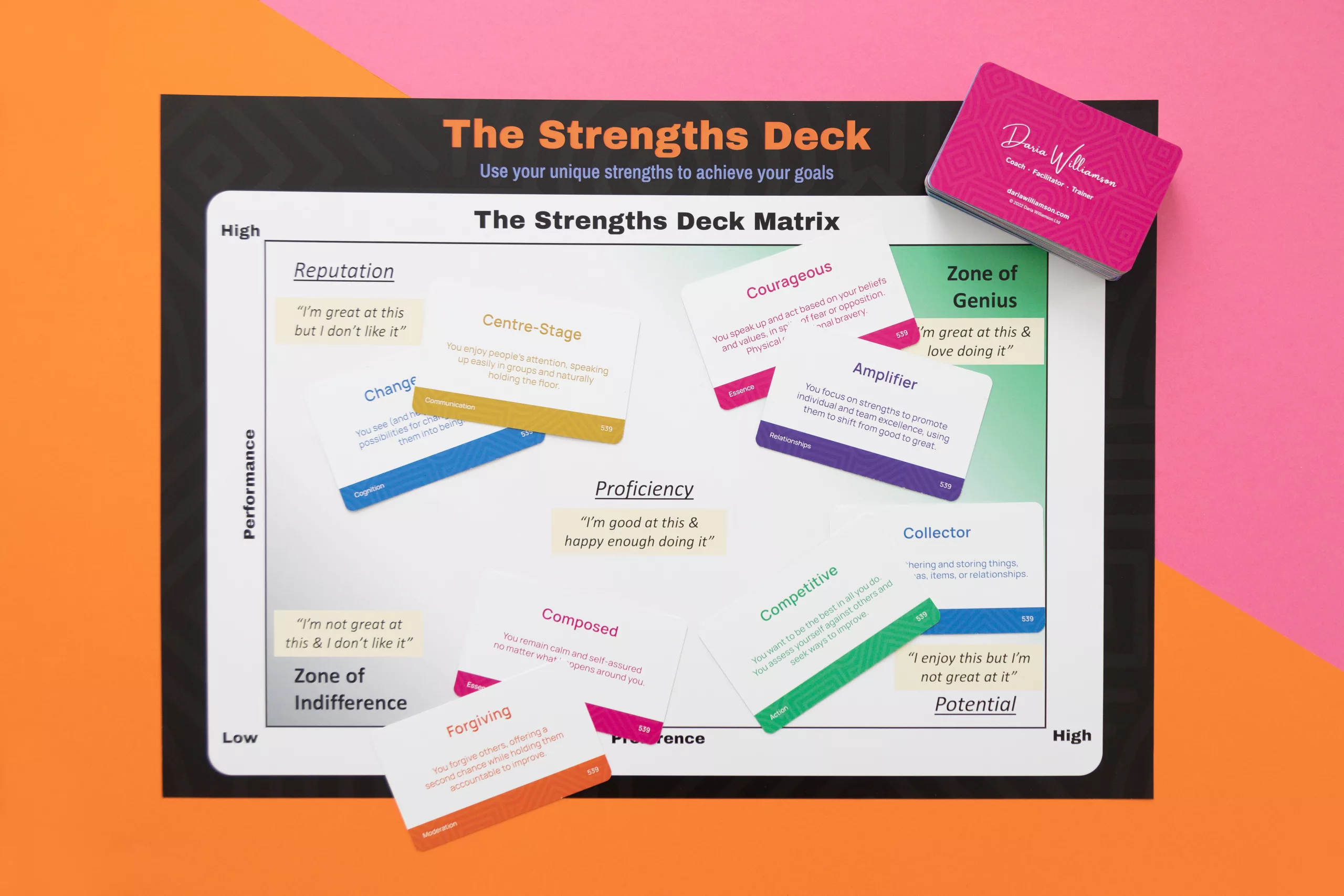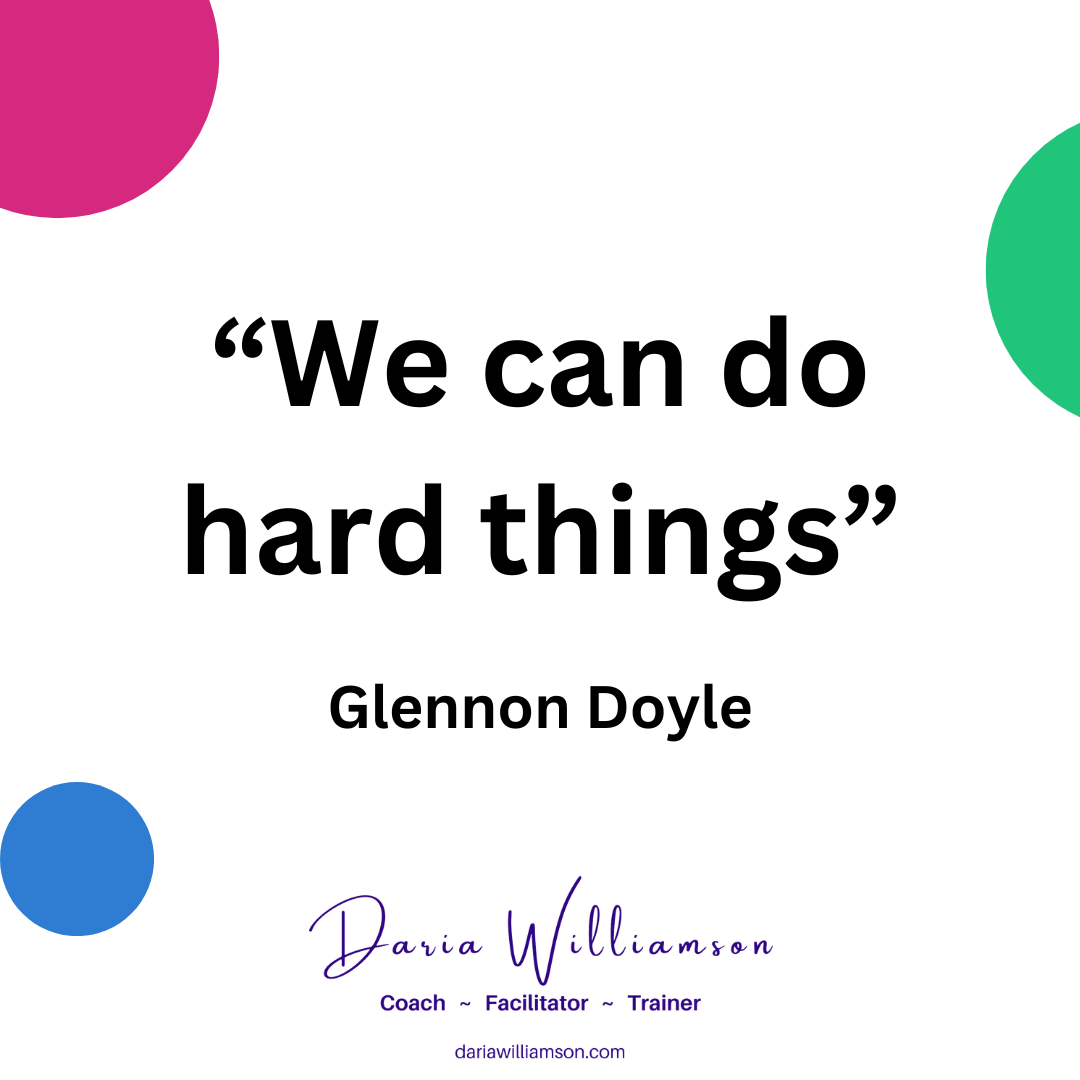‘Goldilocks and the Three Bears’ was one of my favourite fairy tales growing up. Salt is one of my favourite condiments. It seems weird to put those two sentences together. But today I realised how much they have taught me about the idea that we can have “too much” of a good thing.
There's nothing wrong with a good thing
I’m an optimist. My life and work is steeped in the positive psychology approach. I believe in Appreciative Inquiry, in celebrating progress and wins, in savouring what is going well. Seeing other people develop, prosper and succeed makes my heart happy, and I love those things for myself too.
So please believe that I mean it when I say that there’s nothing wrong with a good thing.
But there can be too much of a good thing
This concept initially seemed really counterintuitive to me. I had always been a “more is better” kind of gal. Maybe it’s a function of getting older and wiser, but I’ve come to realise that we get the most joy and value out of good and bad things when we experience them in moderation.
It's just as unhelpful as not enough
The lack of something can be just as unhelpful as an excess of it. But because of brains wiring, most of us are far more concerned about what we don’t have than having too much of something.
So we fail to see when an excess of something is hurting us, because we’re so busy looking at something else that we think we lack.
It's individual
Who we are and how we live have a big influence on what “too much” looks like. Too much running is different for a weekend warrior versus a trained athlete. Too much social interaction might depend on whether you identify as an introvert, extravert, or ambivert, or the kinds of demands you have been facing.
What is too much for you can vary throughout the day and across years, as health, strength, and other personal characteristics change.
It's contextual
What “too much” looks like can change significantly depending on our context. Too much dessert depends on our health goals at the time, whether it’s a special occasion, or if there’s a cultural or relational reason for accepting that big slice of cake.
Speaking up can be too much when it is forced on us (we are expected to advocate for a group we represent) or when we take it upon ourselves (we don’t let others get a word in).
Too much is defined by its outcomes
We can identify “too-muchness” by its outcomes – too much of anything, whether crowds or solitude, food or fasting, eventually brings you more downsides than upsides. That’s why we can have too much of a good thing.
Take the earlier example of running. Your rest days are at least as important as your workout days. Why? Because that’s when the damage to your muscles, joints and ligaments gets repaired. The repairs leave you stronger than before, so your performance improves over time.
However, if you don’t give your body enough time to repair the damage between workouts, you will become weaker. And that’s the case whether you’re an elite runner doing your umpteenth marathon, or a beginner targeting your first-ever 5km run.
Of course, you can also tilt too much towards rest days. If you don’t do enough training, you’ll lose your conditioning and strength. So, it’s all about finding the right balance: the “sweet spot”.
So where do Goldilocks and the pile of salt come in?
Goldilocks
Goldilocks, using the process of elimination, found her sweet spot in the Three Bears’ belongings and food. Of course, I’m setting aside the moral issues of Goldilock’s criminal acts of breaking and entering, and theft, not to mention falling asleep in the house she broke into.
Our friend Goldi could have sat in the big chair and hoped she’d grow into it, or waited for the too-hot porridge to cool down until it was ready to eat. Instead, she chose to keep searching until she found the right thing for her present situation and preferences. She didn’t try to contort herself to fit something that was too much of anything.

Salt
And salt is another example of how important it is to find the sweet spot that is useful or beneficial.
A chocolate cake made without salt doesn’t taste as good as one that does. But just because a cake tastes good with pinch of salt doesn’t mean it will taste better with a cup of it!
A pinch of salt sprinkled across a big pan of roast potatoes won’t do much for the flavour. Your palate will probably prefer a teaspoon or more (although your medical professional might say otherwise).
You’ll need several cups of salt to soak up a wine spill on the carpet. A pinch of salt won’t make a dent.
I’ll say it again: what is “too much” depends on the individual, the context, and the outcomes. And too much is just as unhelpful as not enough.
What's "too much" for you right now?
Here in Auckland, we’re now several months into another lockdown. Most of us never thought we’d be facing a lockdown of this duration. We weren’t mentally prepared for the effects of protracted and enforced isolation from our loved ones, our offices, and our usual routines.
For me, I’ve had “too much” of negative thoughts and feelings, too much seriousness, and too much inactivity. I’m sure it’s clear to you why those too-muchnesses are problematic.
But I’ve also had too many creative ideas for my business. And I started working on too many of them at the same time, so I feel like I’m spinning my wheels, not making any meaningful progress.
So, what’s your “too much” right now? It can be positive things or not. Look for anything that’s bringing you more downside than upside. Grab a piece of paper and write it down.
From "too much" to "sweet spot"
Think about what your sweet spot looks like in the area of your too-muchnesses. Write that down too.
Now, what are 2-3 actions you can take to shift from “too much” to “sweet spot”?
For me, this looks like:
- Negative thoughts and feelings: I parcel out time in my week to sit with my negative thoughts and feelings, and allow them to teach me. I seek support from trusted people when negativity is weighing me down. And I’m making an extra effort to practice appreciation and gratitude
- Seriousness: I’m playing cards with my partner and his daughter, reading all sorts of fiction books, and sharing silly memes with friends
- Inactivity: I’ve started running again using a training programme that syncs to my smartwatch. I’ve upped my step count target. And I’ve set inactivity alerts on my watch to remind me to get up and move around regularly
- Creative ideas: I’ve created a “parking lot” for all my existing and new ideas, I’m working on only one idea at a time, and I’ve set up an accountability buddy system to track my progress
As with most things in life, there’s no silver bullet that fixes everything. But it is possible for you to move from too much into your sweet spot with frequent, small, committed actions.
I'm here to help
If you’d benefit from having support to move from too-muchness and into your sweet spot, I’d love to talk with you. I offer a complimentary, no-obligation 30-minute discovery call to people who want to discover and grow their strengths. We’ll talk about where you’re at and what you want to achieve. And we explore how I can help you to seize your opportunities and unleash your potential.
Just click on the button to make your booking in less than a minute.
I look forward to speaking with you!





